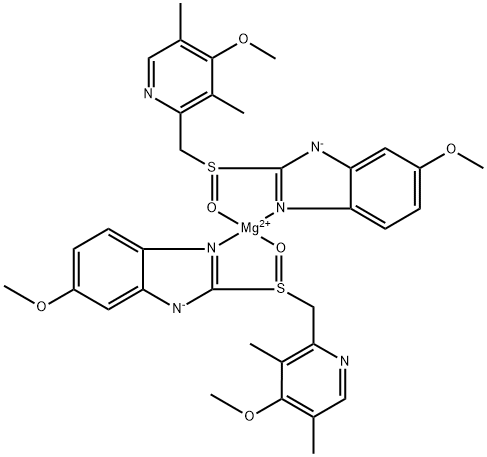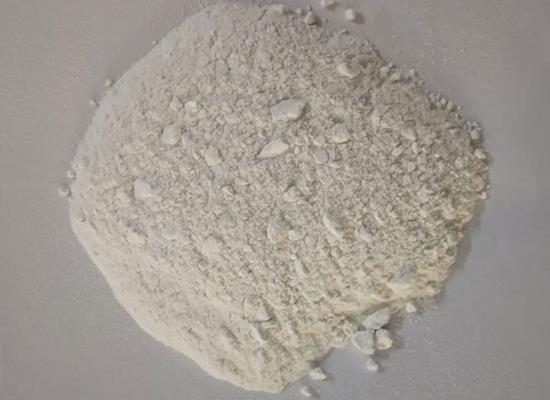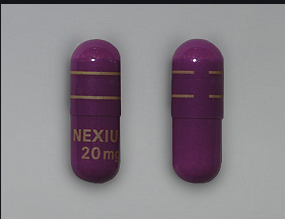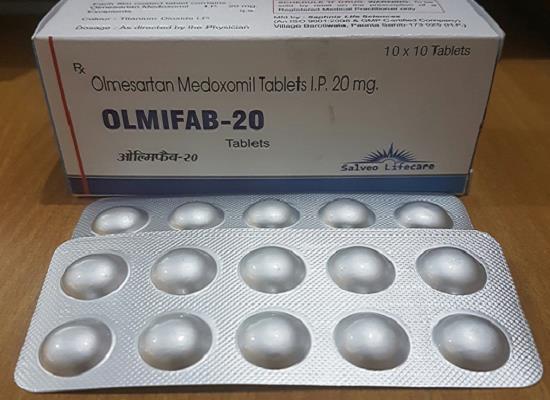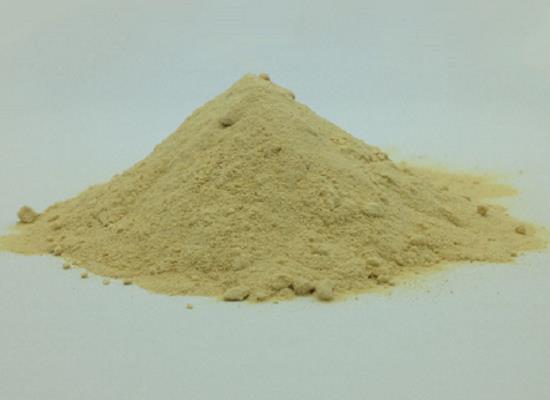Esomeprazole magnesium: mechanism of action, pharmacokinetics and safety
General Description
Esomeprazole magnesium is a proton pump inhibitor commonly used to treat conditions related to excessive stomach acid production. It works by selectively inhibiting the proton pump in gastric parietal cells, reducing the amount of acid secreted into the stomach. Esomeprazole is rapidly absorbed and converted into its active form within the parietal cells, where it binds irreversibly to the proton pump, leading to a significant decrease in gastric acid production. Its effects are long-lasting, providing relief from symptoms associated with excessive acid production. Esomeprazole has good oral bioavailability, high plasma protein binding, and is mainly eliminated through urine. Clinical trials have shown a similar safety profile compared to other medications in its class, with common adverse events including headache, abdominal pain, diarrhea, nausea, and respiratory infection.
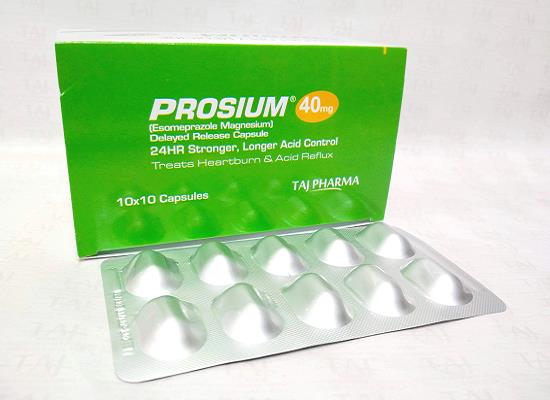
Figure 1. Capsules of esomeprazole magnesium
Mechanism of action
Esomeprazole magnesium is a medication commonly used to treat conditions related to excessive stomach acid production, such as gastroesophageal reflux disease (GERD), gastric ulcers, and Zollinger-Ellison syndrome. It belongs to a class of drugs known as proton pump inhibitors (PPIs). Here is a brief explanation of its mechanism of action. Esomeprazole magnesium works by selectively inhibiting the proton pump in the gastric parietal cells. This pump is responsible for the final step in the production of stomach acid. By blocking this enzyme, esomeprazole reduces the amount of acid secreted into the stomach, thereby alleviating symptoms and promoting healing of acid-related disorders. Upon oral administration, esomeprazole is rapidly absorbed in the gastrointestinal tract. It is then converted into its active form within the acidic environment of the parietal cells. Once activated, it irreversibly binds to the proton pump, preventing it from releasing hydrogen ions into the stomach. This inhibition leads to a significant decrease in gastric acid production. The effects of esomeprazole magnesium are long-lasting, with its peak effect occurring within 1-2 hours after ingestion and a duration of action lasting up to 72 hours. It provides effective relief from symptoms such as heartburn, regurgitation, and stomach pain associated with excessive acid production. 1
Pharmacokinetics
Esomeprazole magnesium is an acid-labile drug that is orally administered as enteric-coated granules. It is rapidly absorbed, with peak plasma concentrations achieved 1-2 hours after oral intake. The absolute bioavailability of a single 40 mg dose is 64%, and it increases to 89% with once-daily repeated dosing. For a 20 mg dose, the corresponding values are 50% and 68%. The apparent volume of distribution at steady state in healthy individuals is approximately 0.22 L/kg body weight. Esomeprazole has a high plasma protein binding rate of 97%. Individuals with normal CYP2C19 function, known as extensive metabolizers, exhibit certain pharmacokinetic characteristics. The total plasma clearance after a single dose is approximately 17 L/h, which decreases to around 9 L/h after repeated dosing. The plasma elimination half-life is approximately 1.3 hours with once-daily repeated dosing. The area under the plasma concentration-time curve (AUC) of esomeprazole increases in a dose-dependent manner with repeated dosing, leading to a non-linear dose-AUC relationship. This is attributed to a decrease in first-pass metabolism and total body clearance, potentially caused by esomeprazole and/or its metabolite, esomeprazole sulfone, inhibiting CYP2C19. With once-daily dosing, esomeprazole is completely eliminated from plasma between doses without any accumulation. The main metabolites of esomeprazole do not affect gastric acid secretion. Approximately 80% of a single oral dose is excreted as metabolites in urine, while the remaining amount is eliminated through feces. Less than 1% of the parent drug is excreted unchanged in urine. 2
Safety
The safety profile of Esomeprazole magnesium has been assessed in clinical trials. Adverse events during up to 8 weeks of treatment were reported to occur at a similar frequency with Esomeprazole 20 or 40mg once daily or Omeprazole 20mg once daily in two large double-blind randomized trials involving patients with gastroesophageal reflux disease (GERD). The incidence of adverse events reported by patients receiving Esomeprazole 40mg/day and Omeprazole was comparable. Common adverse events included headache, abdominal pain, diarrhea, nausea, and respiratory infection. In maintenance therapy for up to 6 months, Esomeprazole 10, 20, or 40mg once daily was generally well tolerated in patients with healed GERD. The most frequently reported adverse events were headache, respiratory infection, sinusitis, flatulence, and diarrhea. In placebo-controlled dose-ranging trials, adverse events were reported to be similar across all treatment groups. However, further comparative data were not presented. It's important to note that individual responses to medication may vary, and it is recommended to consult a healthcare professional for personalized advice regarding the safety and appropriate use of Esomeprazole magnesium. 3
Reference
1. Spencer CM, Faulds D. Esomeprazole. Drugs. 2000 Aug;60(2):321-9; discussion 330-331.
2. Zhong XF, Zhou G, Xu SM, Li XM, Xu Y, Liu WL, Zhang YX, He LC, Shen QY, Xu PS. Pharmacokinetics of Esomeprazole Magnesium After Single Oral Doses in Healthy Subjects: Bioequivalence Study and Food Effects. Clin Pharmacol Drug Dev. 2022 Nov;11(11):1308-1313.
3. Jin J, Huang C, Zhu C, Feng W, He A, Li T, Wang L, Wang X, Rao X, Gan F. Pharmacokinetics, Bioequivalence, and Safety of Esomeprazole Magnesium Enteric-Coated Capsules in Healthy Chinese Subjects. Clin Pharmacol Drug Dev. 2023 Jul;12(7):691-698.
Related articles And Qustion
Lastest Price from Esomeprazole magnesium manufacturers

US $150.00/kg2025-04-21
- CAS:
- 161973-10-0
- Min. Order:
- 1kg
- Purity:
- 99%
- Supply Ability:
- 500kg
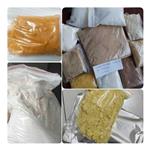
US $1.00/KG2025-03-21
- CAS:
- 161973-10-0
- Min. Order:
- 1KG
- Purity:
- 99.99%
- Supply Ability:
- 200
